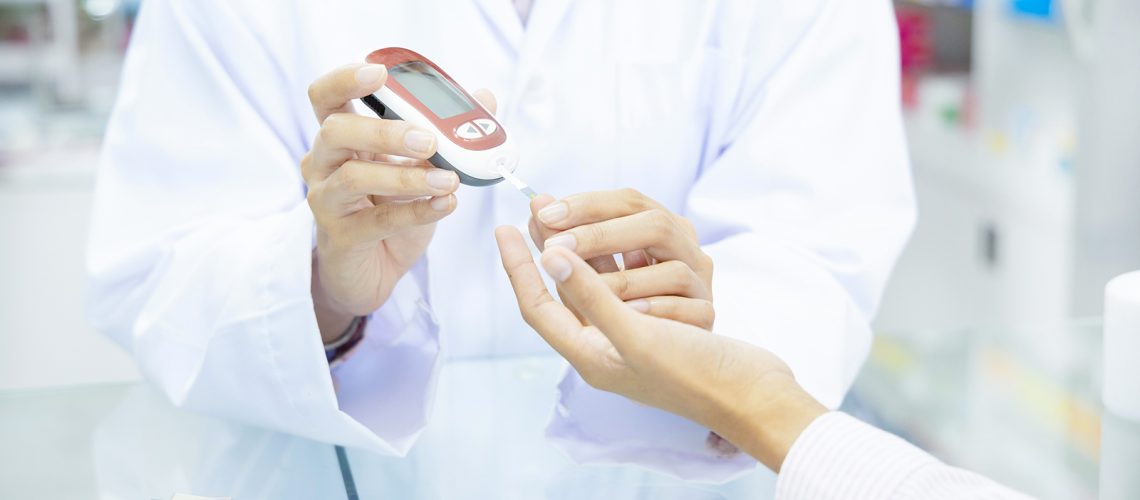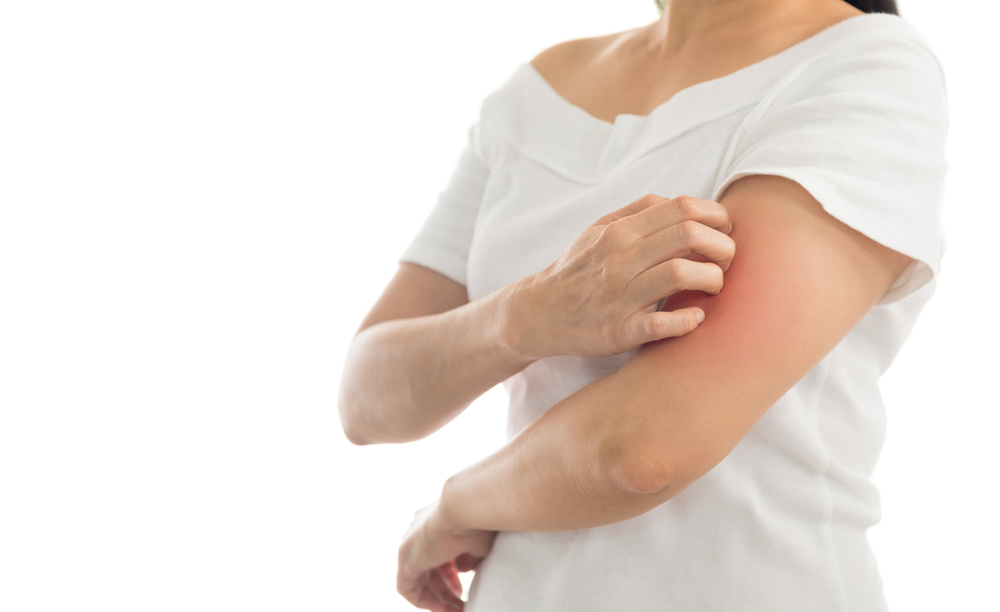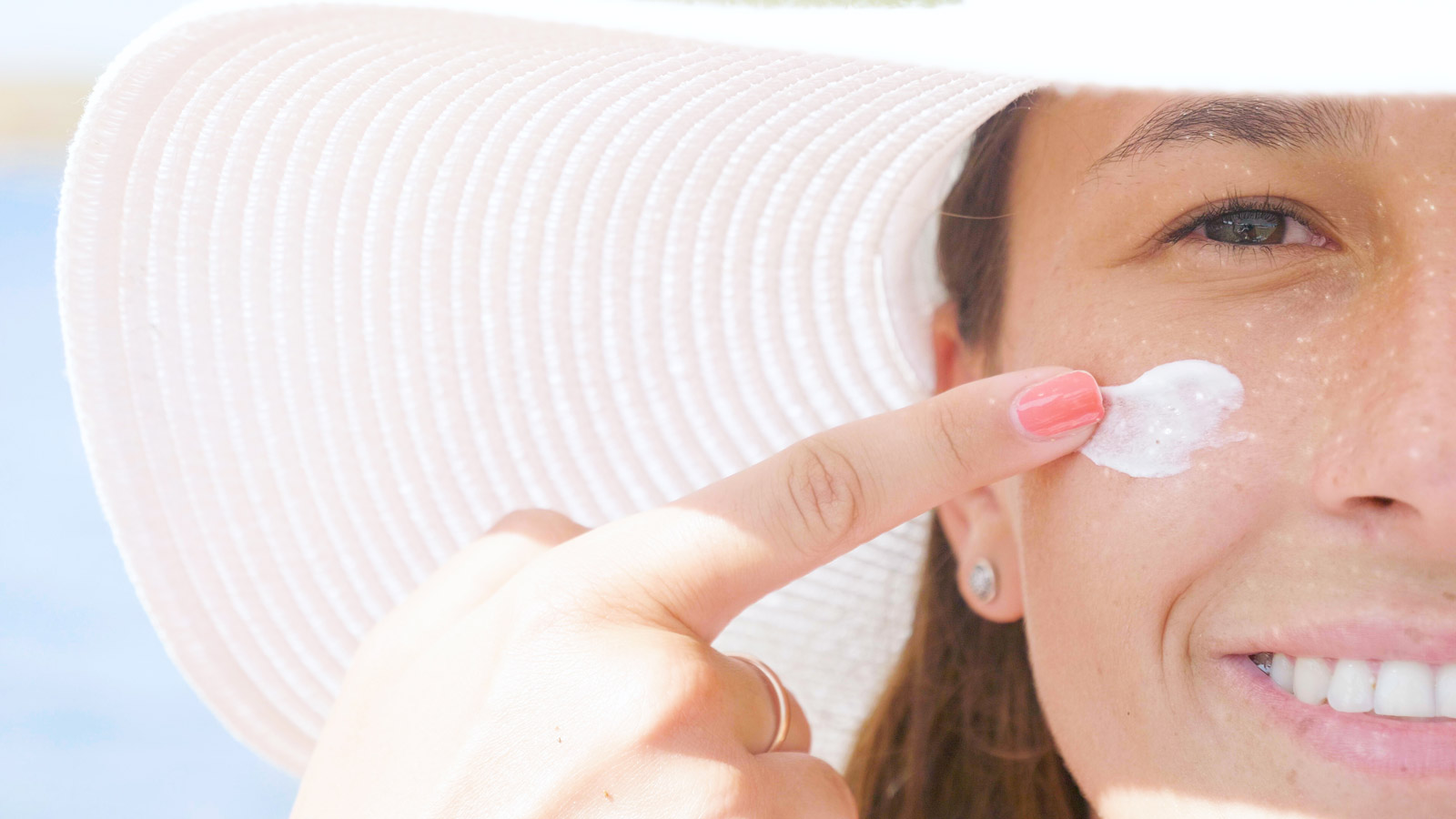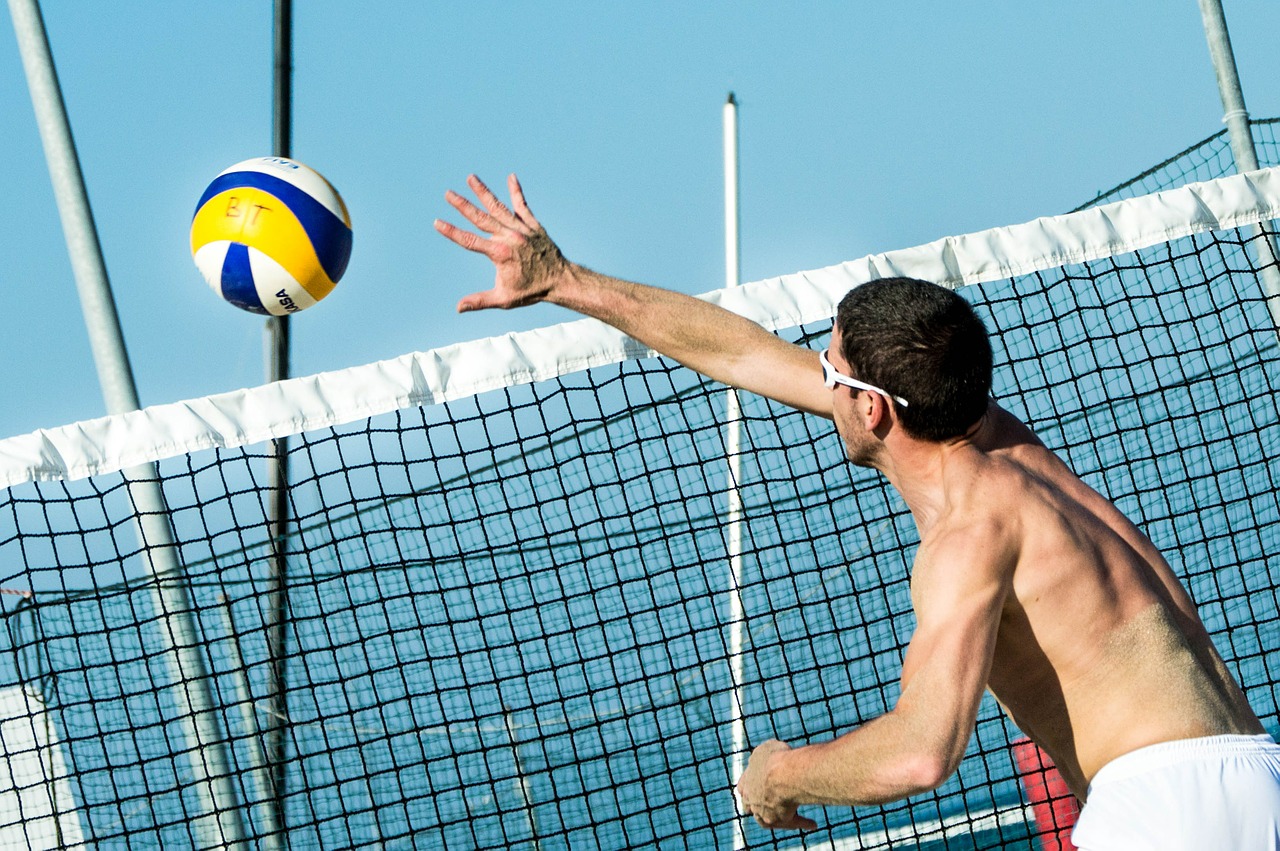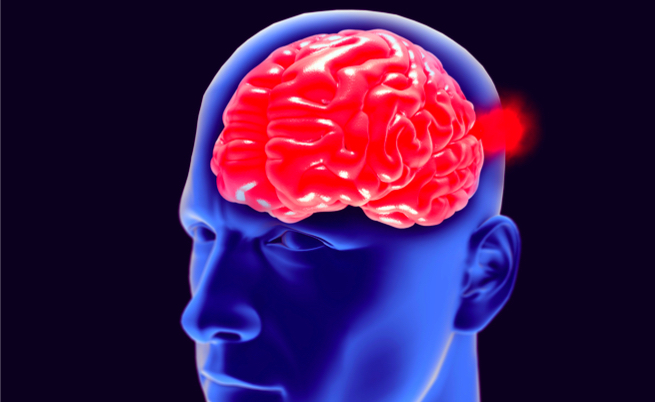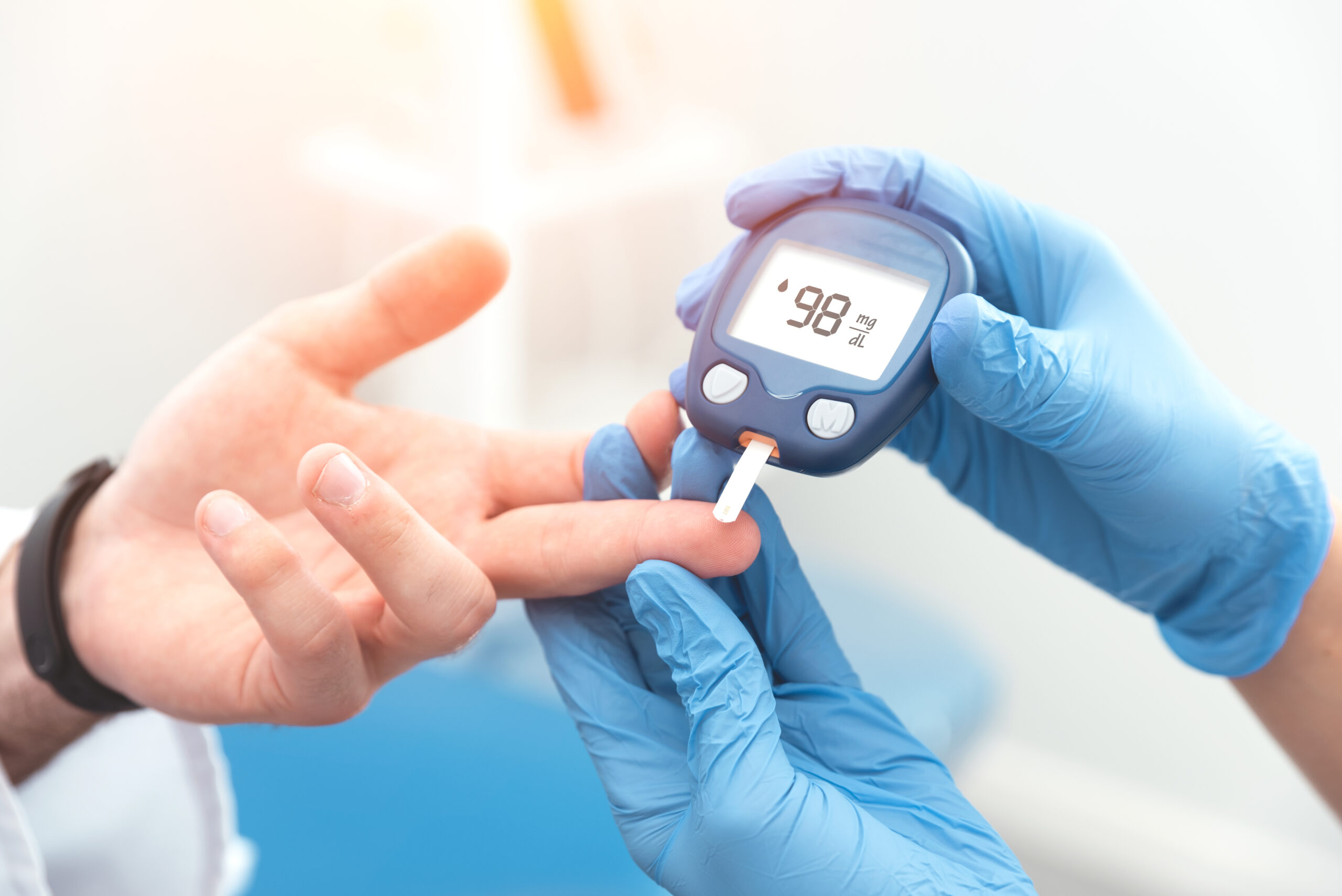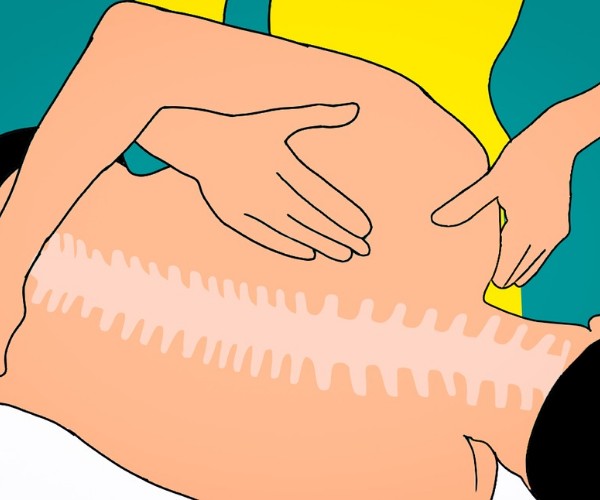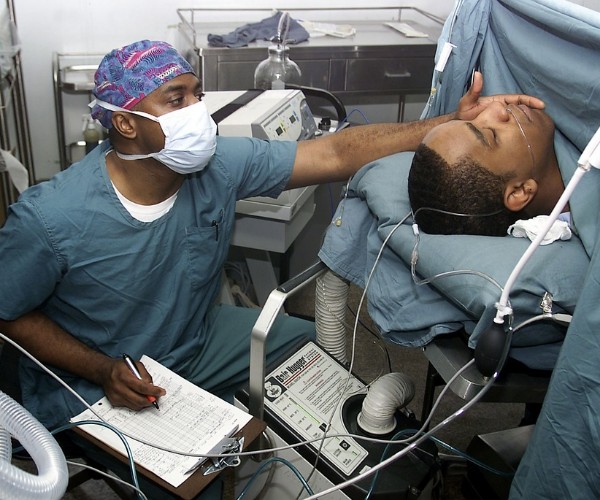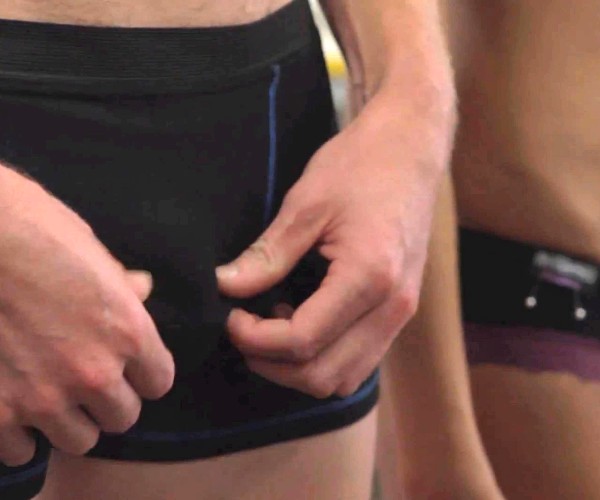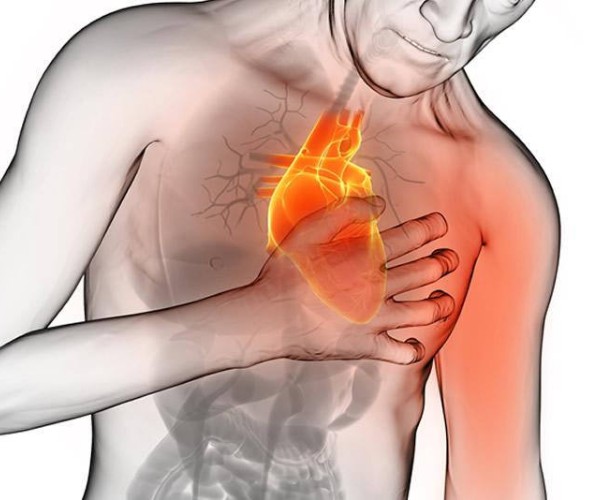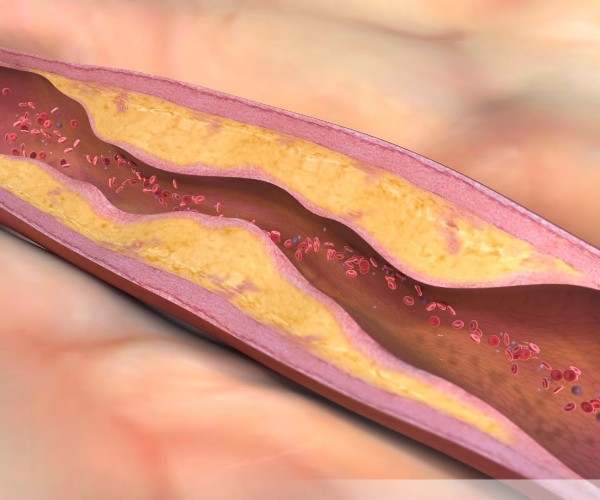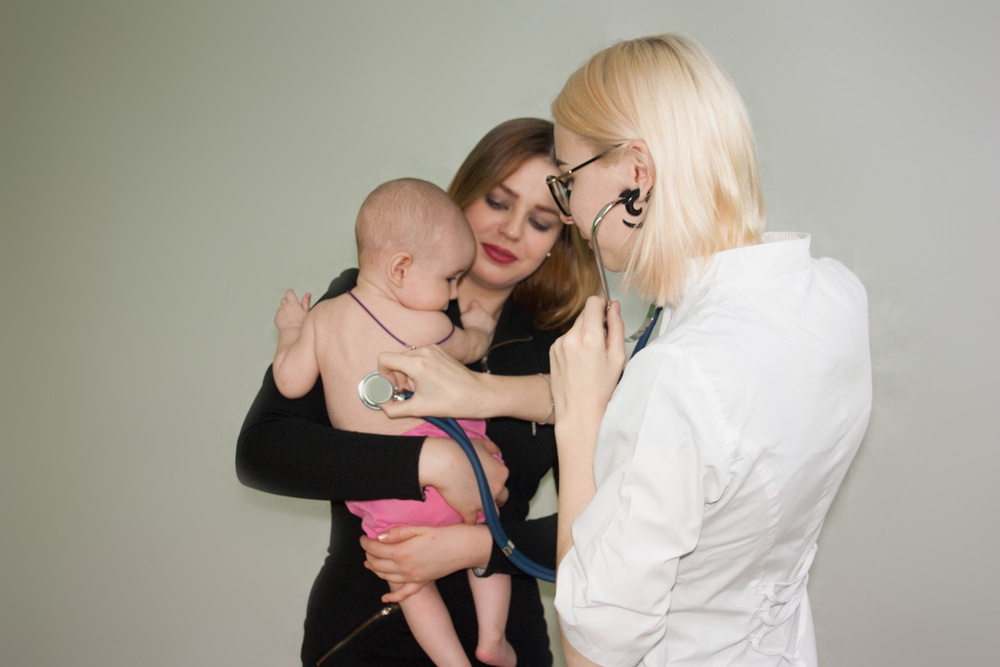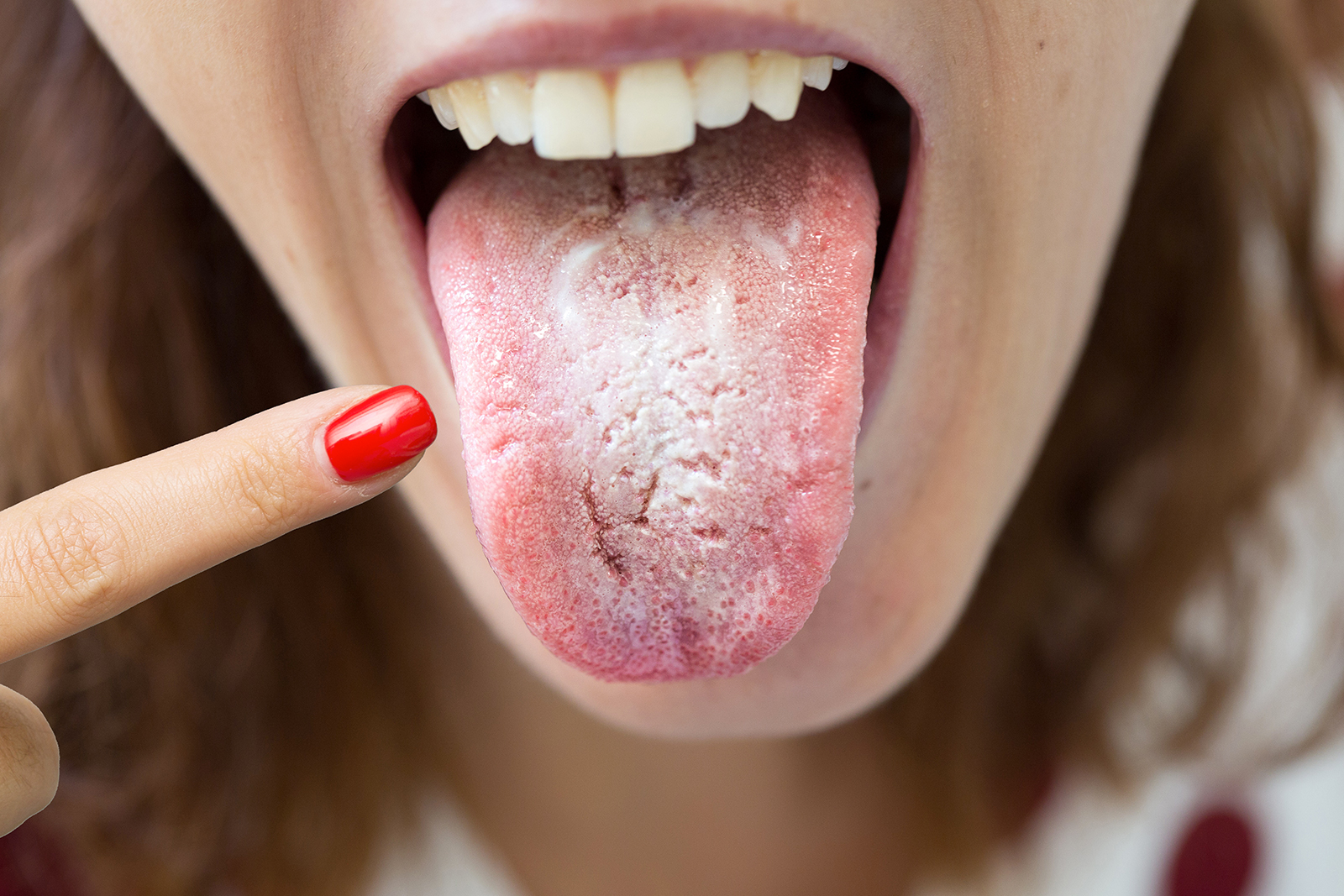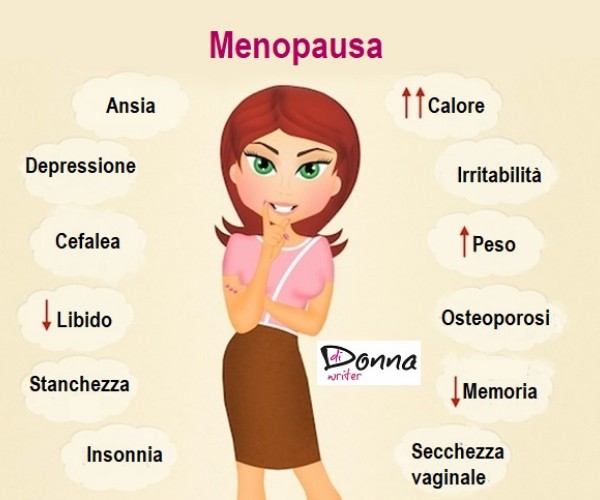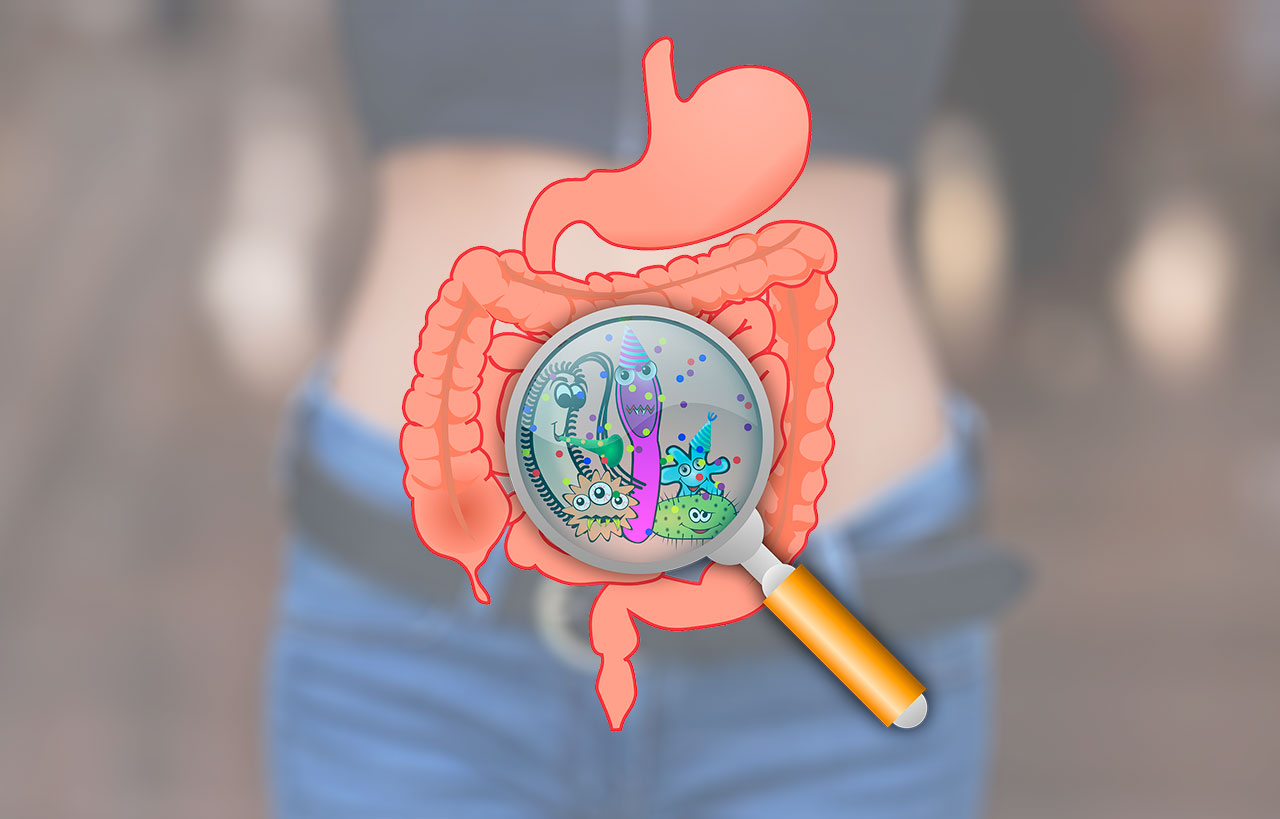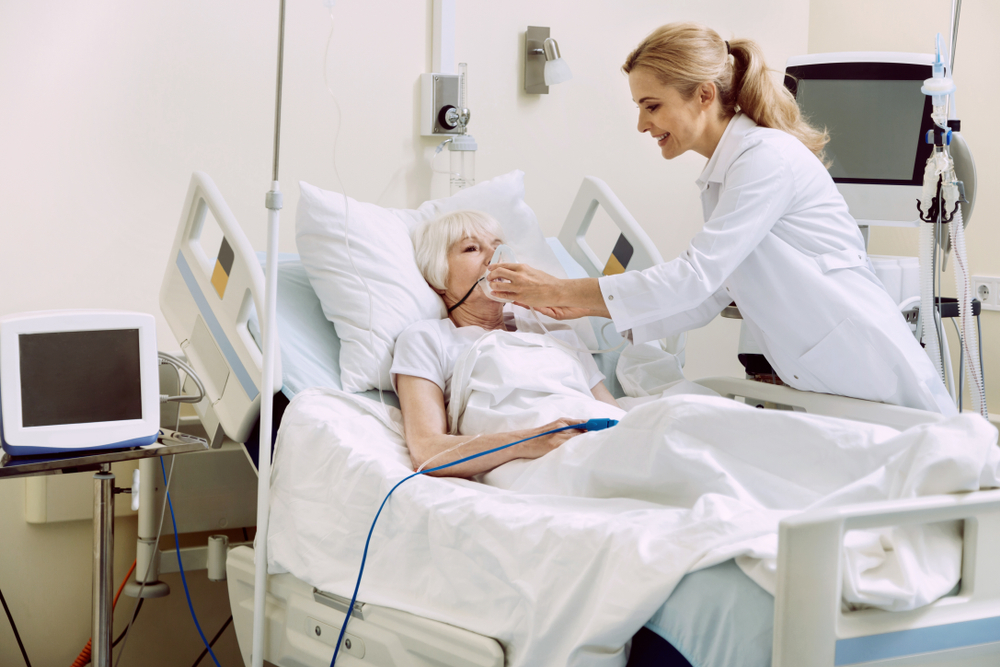The modern orientation towardphysical activity and sports, including competitive sports, in the
diabetic disease
is to no longer consider diabetes as an impediment to living and enjoying sports and exercise.
In recent years, athletes in the various sports have competed, despite having diabetes, in all countries distinguishing themselves by their performance and often finishing first with cups and medals.
Therefore, can it be said that the practice of sports represents a help for diabetes?
Physical exercise, in the different categories, is always advisable for people with diabetes because it brings many benefits to metabolism, circulation, improving insulin sensitivity, and thus ensuring better health, both when practiced as a personal recreational activity and competitively.
The effects of sports activity on blood sugar varies depending on the type of sport played. For example, assiduous jogging and brisk walking have the effect of reducing blood glucose levels.
Conversely, sports that require fast sprinting may require higher blood sugar intake, which then gradually goes down during longer training times.
Glucose tests should be performed during exercise, which will be used to account for different blood glucose levels for each sport exercise and required training time.
These parameters have already been recorded at the level of different sports disciplines and collected within practical management guides useful for diabetic athletes.
Much attention should be paid to hypoglycemia, especially if you are taking certain diabetes medications:
- insulin.
- Hypoglycemic agents.
- Glucose regulators at meals.
It is important to take precautions to prevent the occurrence of hypoglycemia, such as including sufficient carbohydrates in the meal before or even during exercise or reducing the dose of medication before exercise, always in advance consultation with your diabetologist, especially when you intend to change the dosage of medication.
Blood glucose levels should be tested during exercise so that the relationship between exercise and sugar levels can be verified. It should be borne in mind that a strenuous, longer training session can result in a reduction in blood glucose levels that can last for 48 hours after the exercise session has taken place.
Performance
For the purposes of performance quality, it should be considered that an optimal blood sugar level should be sought, so that the right levels of energy can be relied upon, which cannot be assured by glycemic values that are too high or too low.
Athletes who take insulin get a good energy response if sugar levels remain between 5 and 11 m mol/l, while for those with type 2 diabetes, levels should be more restrained, but it is imperative, prior to sports practice, to share with the diabetologist what are fairer values to stay on, which should be considered according to the sports discipline and general health condition.
Sports for diabetic children
Children who play sports on their ownwithout the presence of their parents , followed by a sports group of instructors and coaches, should be taught the meaning of hypoglycemia and to know how to recognize the symptoms that may occur, and to keep glucose with them at all times for cases of lowered blood sugar levels.
Sports instructors are also recommended to have this same knowledge and to know how to intervene promptly when needed.
In short, people with diabetes, both adults and children, can without less engage in physical activity for themselves or for competitive purposes like everyone else, provided that it is followed appropriately by one’s primary care physician.
There are many benefits that come with a sporting activity:
- Sports activity improves the body’s energy output.
- It makes the metabolism work better, burning calories, helping to maintain an optimal weight.
- It contributes to better insulin function and regulation of blood sugar levels.
- Strengthens bones and muscles.
- Contains the risk of heart disease and oncology.
- Improves coordination and endurance skills.
- It helps to spread the concept of teamwork and competitive spirit, strengthening self-esteem.
- It helps reduce anxiety and stress, improving mood.
- Glucose and insulin during exercise.
When muscles need more energy during exercise they ask the body to receive additional sugars, which for diabetics can result in side effects, especially the insulin present is not sufficient to employ blood glucose during the performance of exercise, so the stay in the blood could lead to hyperglycemia.
Insulin insufficiency can also cause adverse effects, such as causing the body to burn fat as an energy resource instead of sugars, resulting in substances called ketones, levels of which should be monitored before exercises through a urine test.
In short, the athlete with diabetes must be able to manage glucose levels, insulin levels, and know how to avoid risky situations such as type and hyperglycemia, staying in close communication with their diabetologist to better manage their condition, they need to keep in touch with their sports group, instructors, sharing observations, thoughts and fears about playing sports.
Always have recommended medications, water and useful snacks with you when needed.





